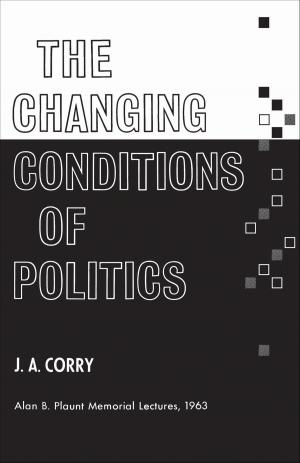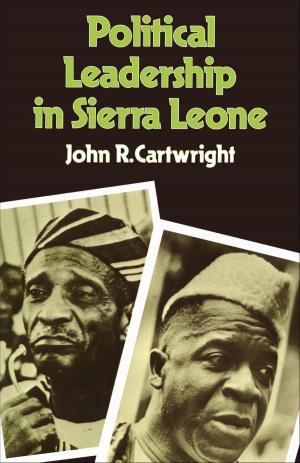Intelligent Control
Developments in Public Order Policing in Canada
Nonfiction, Reference & Language, Law, Labour & Employment, Social & Cultural Studies, Social Science, Crimes & Criminals, Criminology| Author: | Willem de Lint, Alan Hall | ISBN: | 9781442693388 |
| Publisher: | University of Toronto Press, Scholarly Publishing Division | Publication: | June 2, 2009 |
| Imprint: | Language: | English |
| Author: | Willem de Lint, Alan Hall |
| ISBN: | 9781442693388 |
| Publisher: | University of Toronto Press, Scholarly Publishing Division |
| Publication: | June 2, 2009 |
| Imprint: | |
| Language: | English |
Massive public protests have had a prominent presence at the turn of the millennium, with many thousands of protestors controlled by small, yet, increasingly specialized police forces. Investigating the ways in which police practices have evolved in relation to labour strikes and protests, Intelligent Control examines the means by which police forces have developed more coercive and consent-based approaches to regulating social unrest.
Willem de Lint and Alan Hall argue that police forces have been gradually adapting public order operations to match or reflect wider trends in politics and society. The main such development is the enfolding of neoliberalism. Police and labour and protester adaptations have followed a fine line between legitimacy and illegitimacy, consent and coercion. The authors explore the development of consent policing from its roots in labour strike countering and the emergence of what they call 'intelligent control' from expanded covert, intelligence-gathering operations. A concise study of how police practices changed from the 1960s to the present day, Intelligent Control is an informative account of a revolution in modern policing.
Massive public protests have had a prominent presence at the turn of the millennium, with many thousands of protestors controlled by small, yet, increasingly specialized police forces. Investigating the ways in which police practices have evolved in relation to labour strikes and protests, Intelligent Control examines the means by which police forces have developed more coercive and consent-based approaches to regulating social unrest.
Willem de Lint and Alan Hall argue that police forces have been gradually adapting public order operations to match or reflect wider trends in politics and society. The main such development is the enfolding of neoliberalism. Police and labour and protester adaptations have followed a fine line between legitimacy and illegitimacy, consent and coercion. The authors explore the development of consent policing from its roots in labour strike countering and the emergence of what they call 'intelligent control' from expanded covert, intelligence-gathering operations. A concise study of how police practices changed from the 1960s to the present day, Intelligent Control is an informative account of a revolution in modern policing.















